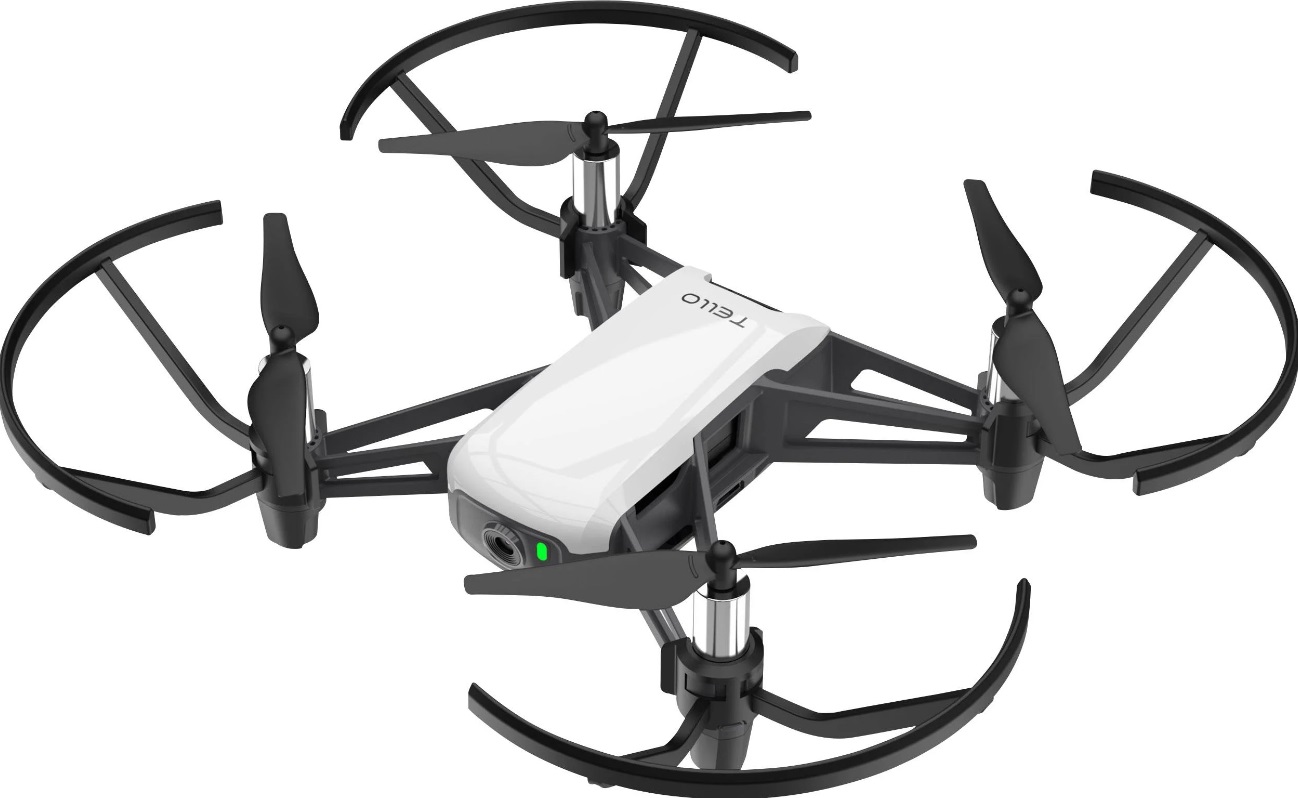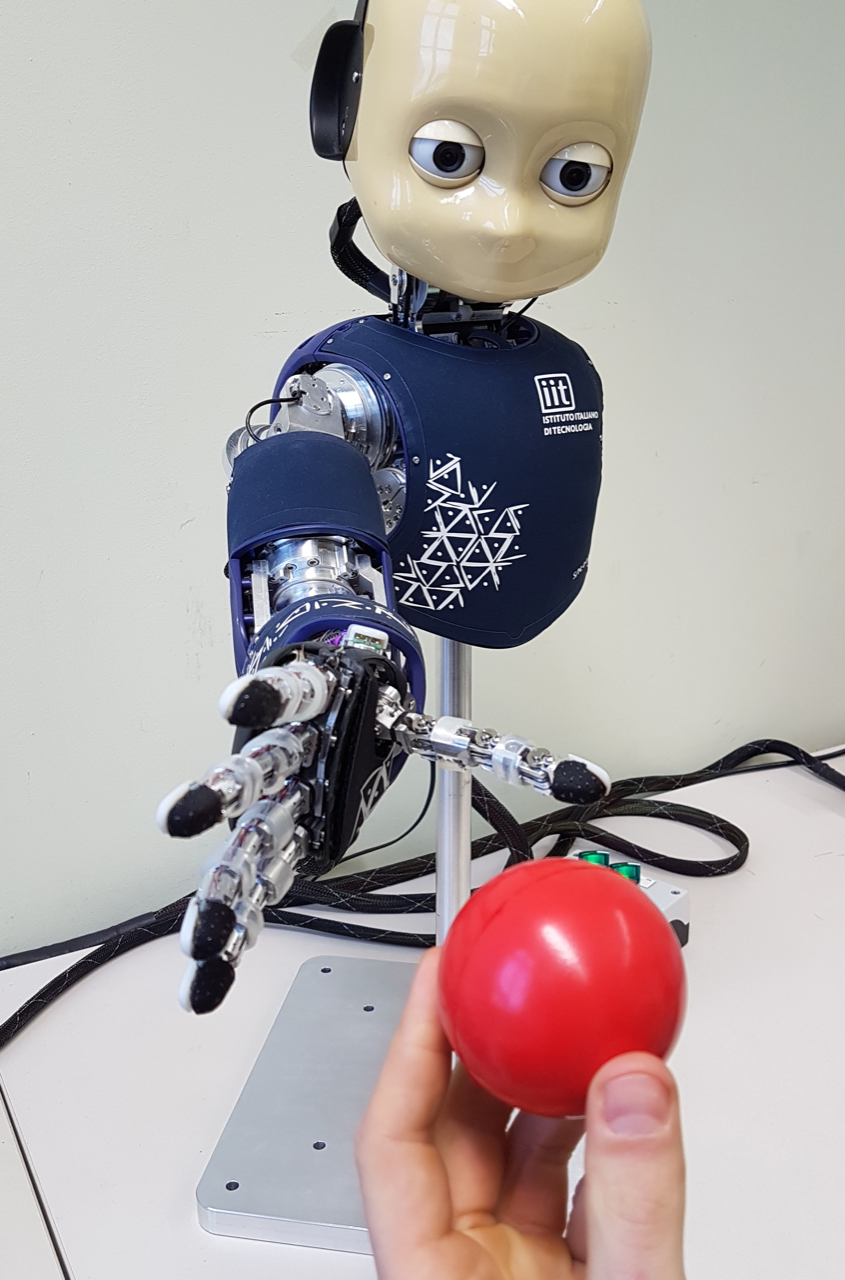Research
Neurorobotics is an emerging science at the intersection of computational neuroscience and robotics. It studies the interaction between brain, body, and environment in closed perception-action loops. At the core are robots controlled by simulated nervous systems that model the structure and function of biological brains at varying levels of granularity. In a typical neurorobotics experiment, a robot will perceive its current environment through a set of sensors that will transmit its signals to a simulated brain. The brain model may then produce signals that will cause the robot to move, thereby changing the agent's perception of the environment. Observing how the robot then interacts with its environment and how the robot's actions influence its future sensory input allows scientists to study how the brain and body work together to produce an appropriate behavioural response. Thus, neurorobotics links robotics and neuroscience, enabling a seamless exchange of knowledge between these two disciplines.
Nermo Mouse Robot
Franka Emika Panda
Distributed Deep Reinforcement Learning for Multi-agent UAV control systems
Central Pattern Generators With iCUB
Event-Based Camera
C.Elegans inspired autonomous delivery robot
Parametric Study for a Supervised Spiking Neural Network




